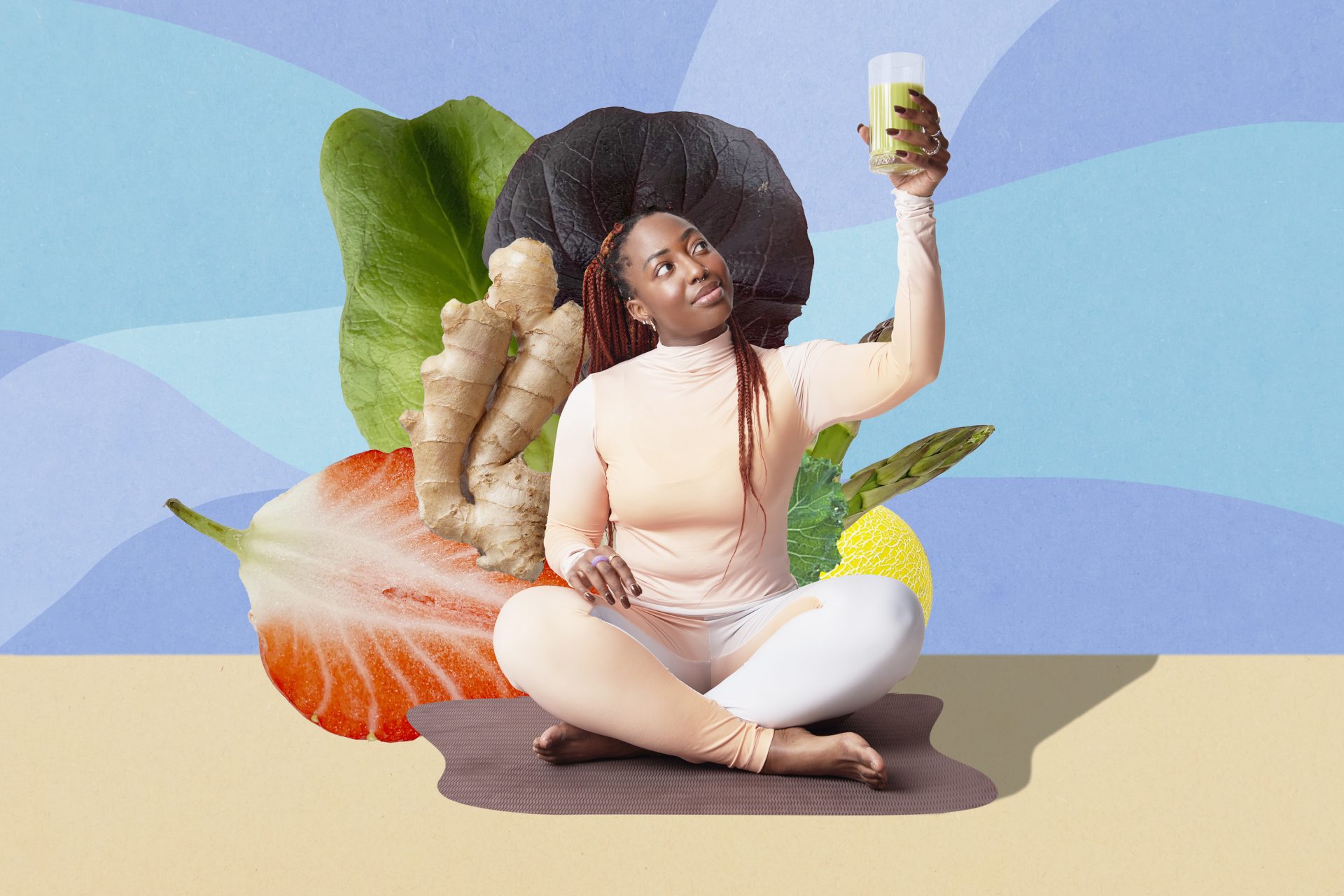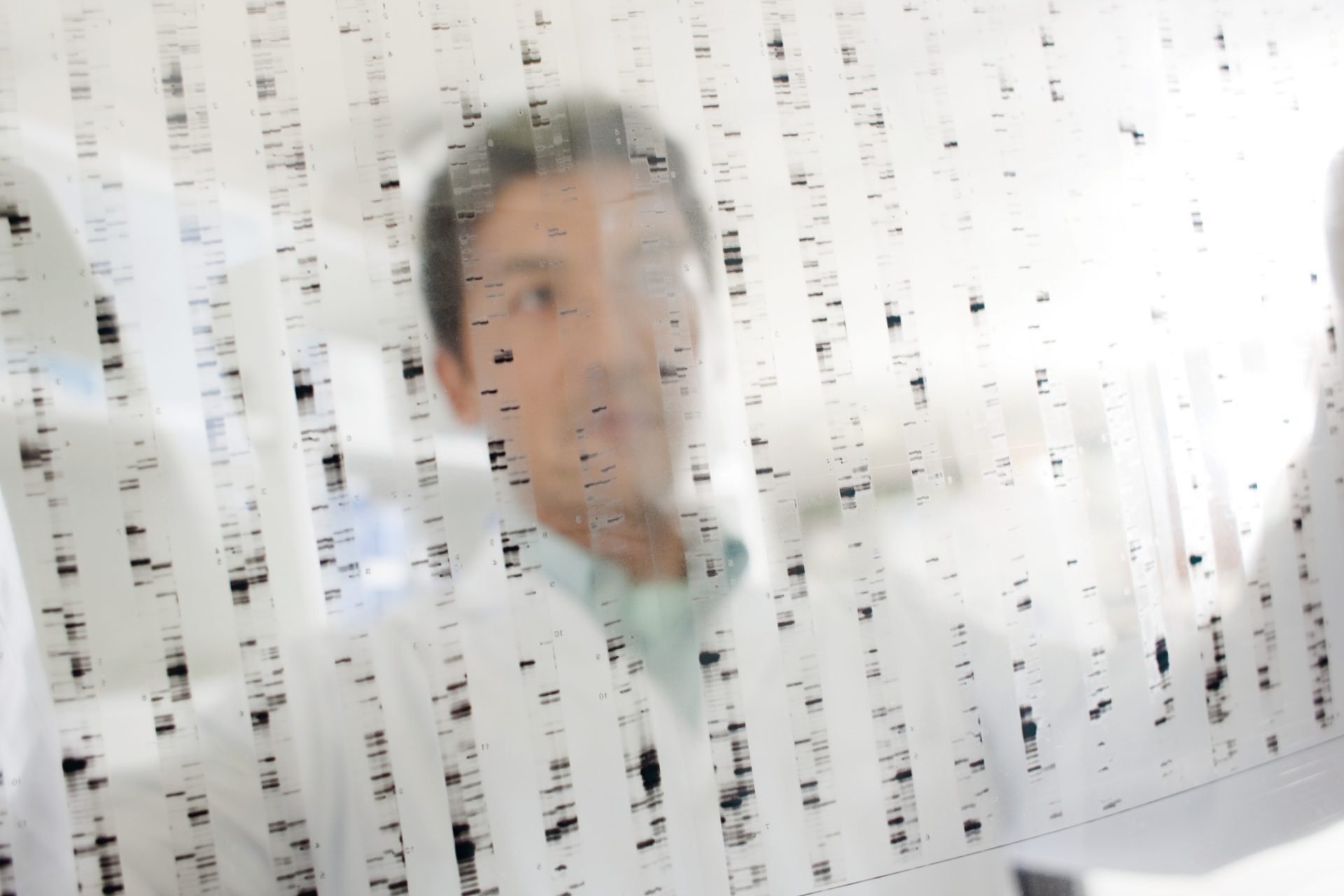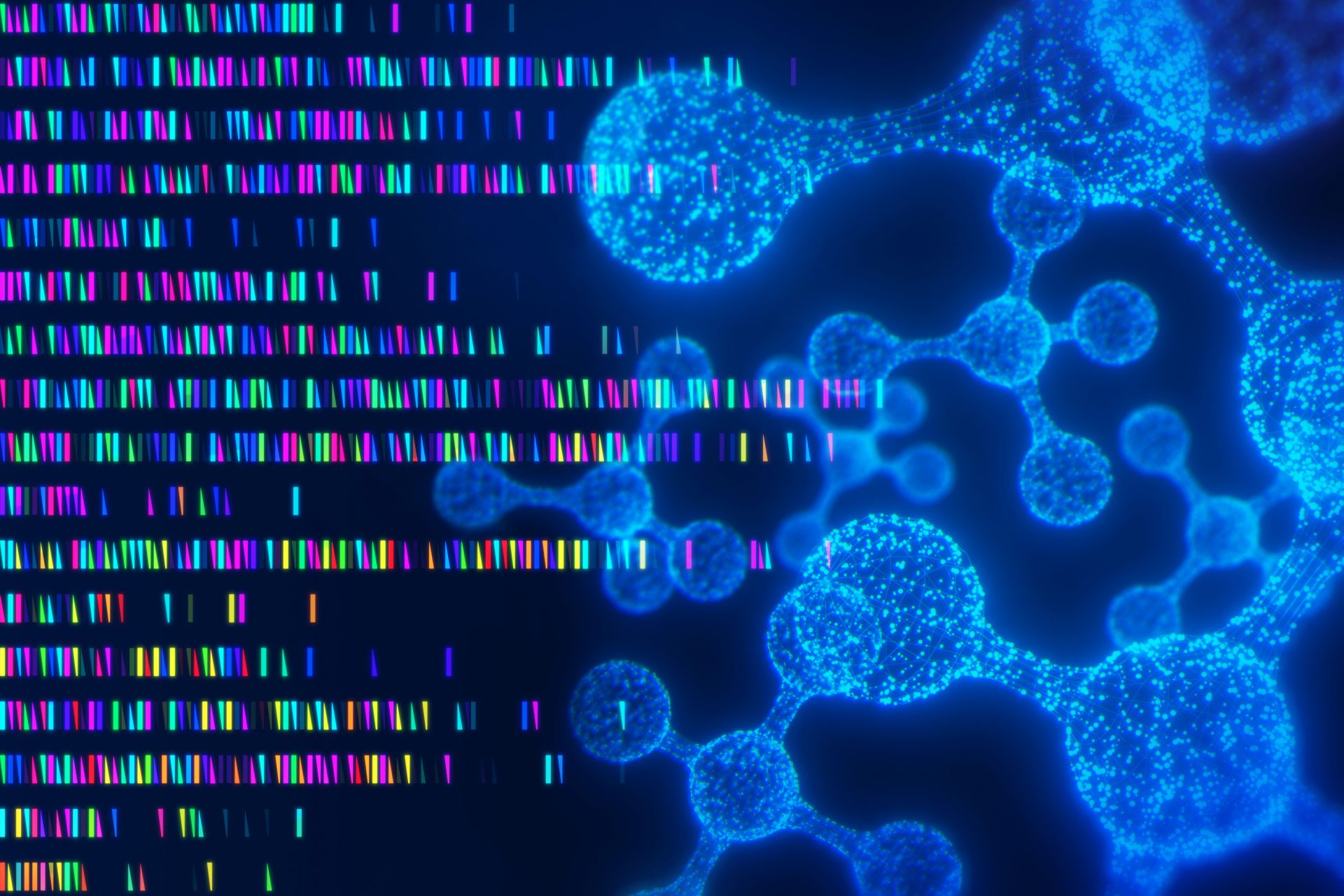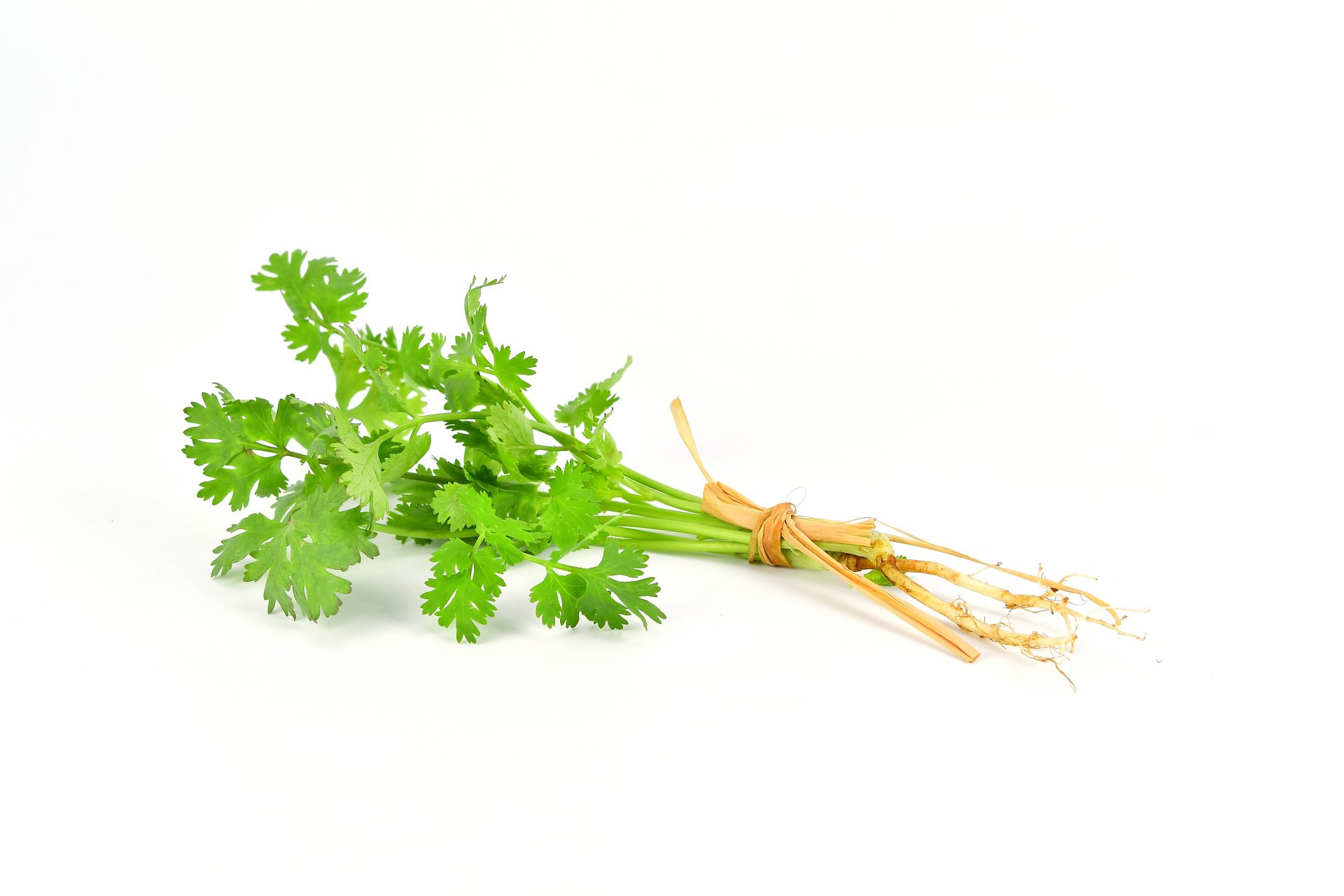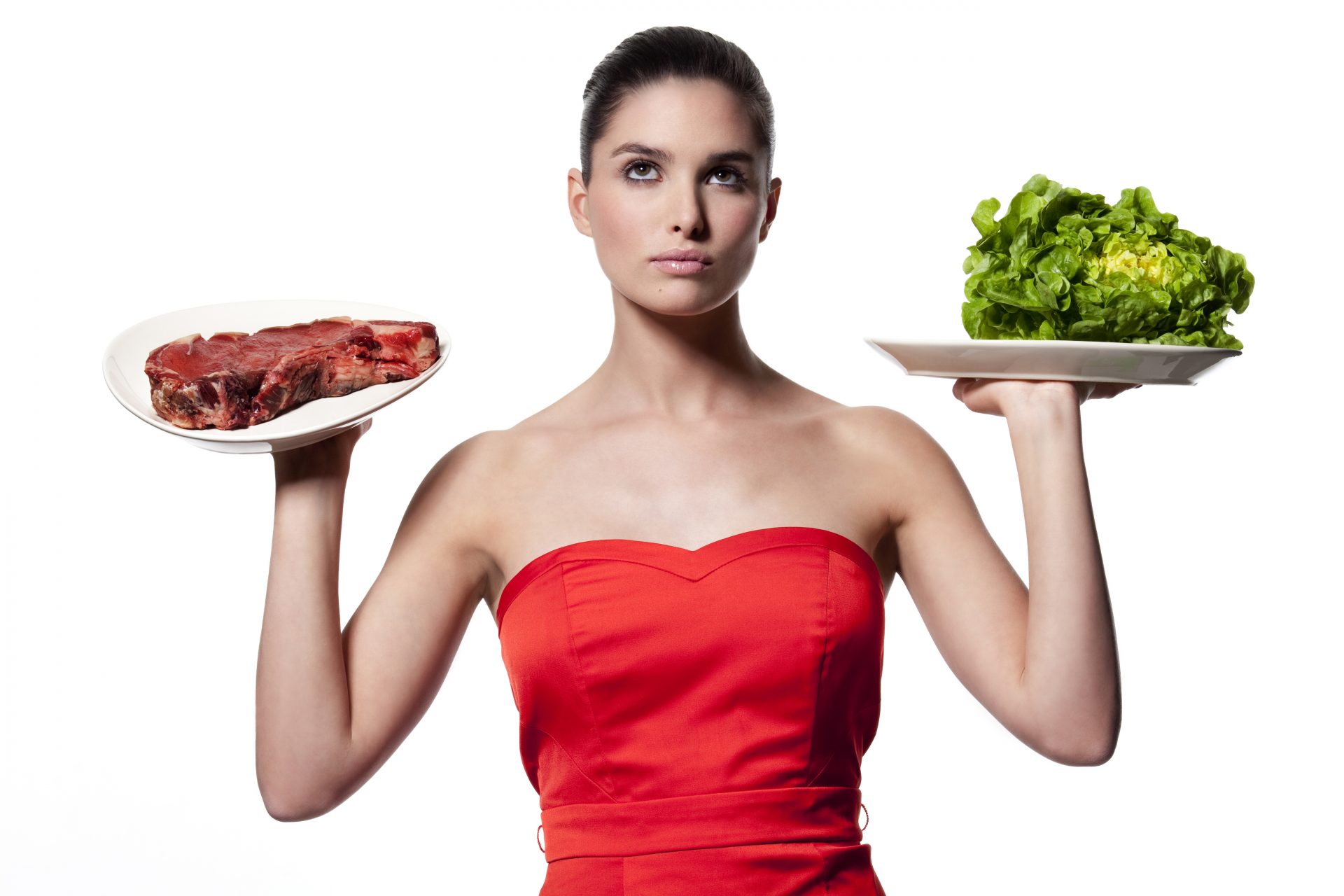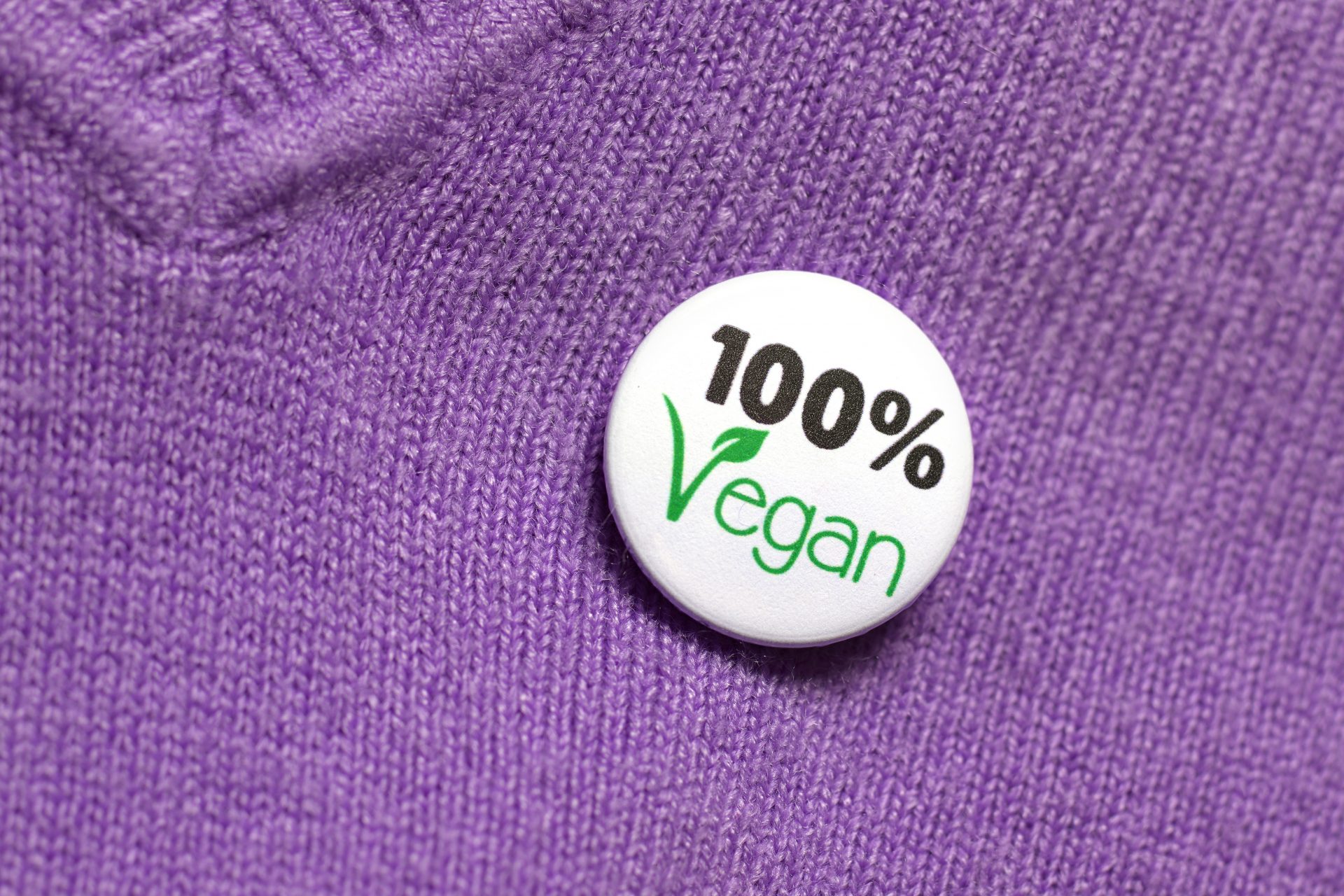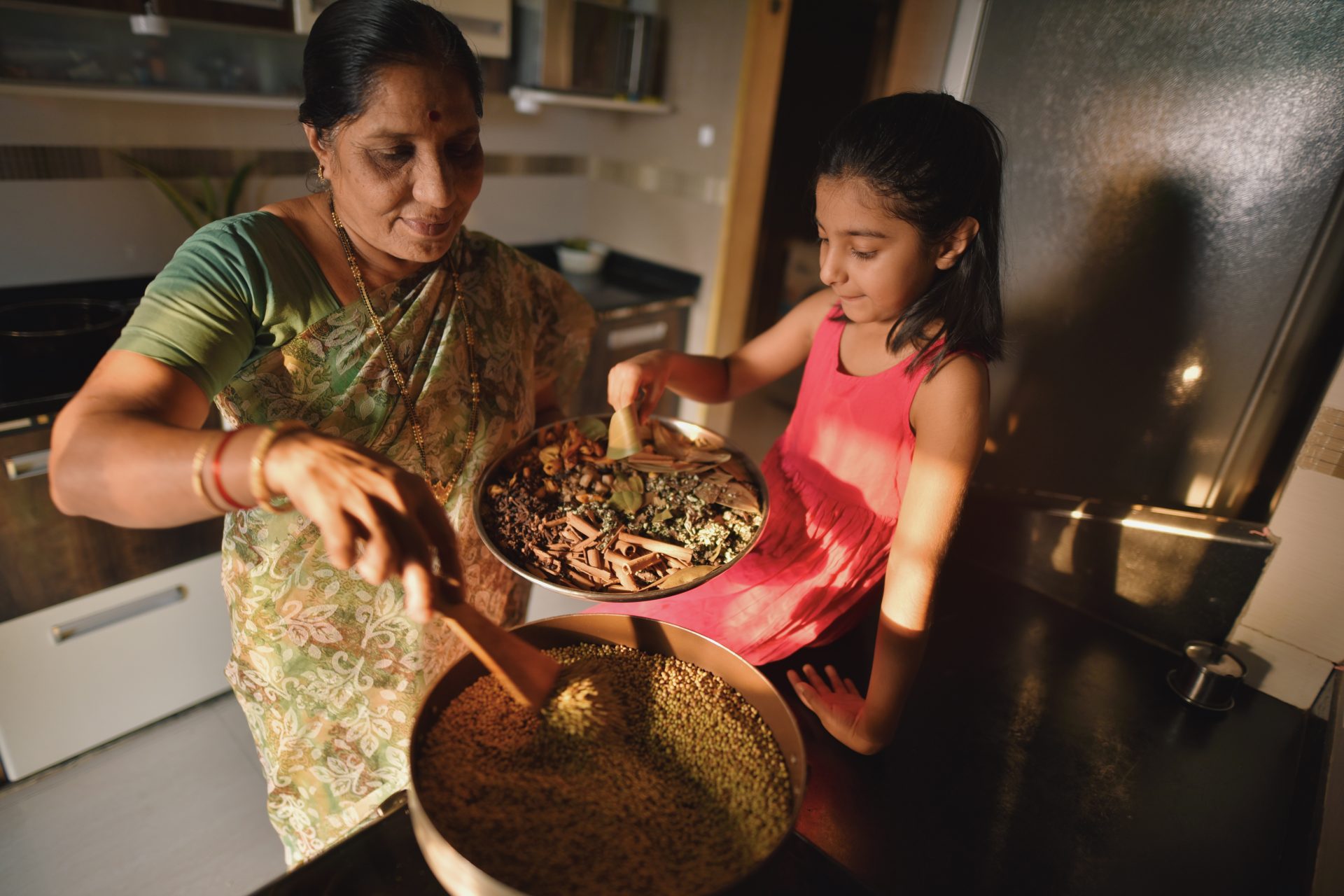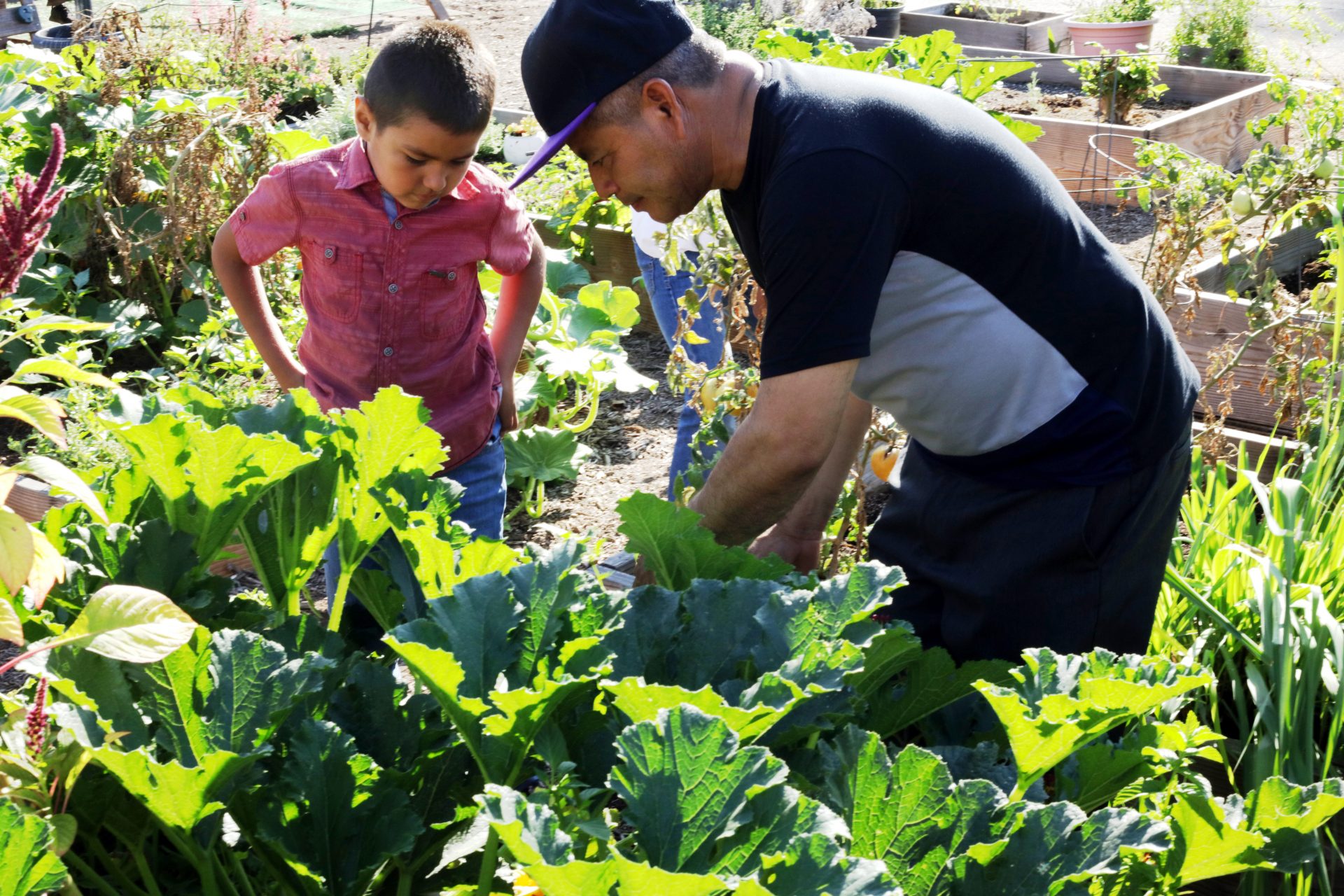Are some people born to be vegetarian?
In recent years, vegetarianism and veganism have gained significant traction, with many individuals embracing plant-based diets for ethical, environmental, and health reasons.
But while lifestyle choices often drive these dietary decisions, a growing body of scientific evidence suggests that genetics may also influence our inclination towards a meatless lifestyle.
In other words, your DNA might make you more or less likely to stick to a vegetarian or vegan diet, and it isn't all just a question of willpower.
According to a study published in the journal PLOS One in 2023, researchers have identified 34 individual genes associated with vegetarianism. Furthermore, as highlighted by CNN, four of these genes specifically affect how well someone is able to stick to a plant-based diet.
The research was conducted by a team of scientists led by Nabeel Yaseen, professor emeritus of pathology at Northwestern University, who analyzed the genomes from 5,324 strict vegetarians to 329,455 non-vegetarians aged between 40 and 69. The study found that individuals with specific genetic variants were likelier to adhere to a vegetarian diet.
As reported by CNN, Dr Yaseen affirmed, "At this time, we can say is that genetics plays a significant role in vegetarianism and that some people may be genetically better suited for a vegetarian diet than others."
One of the genes identified in the study, OR6A2, is associated with the perception of specific tastes, including the taste of cilantro. Individuals with certain variations in this gene are more likely to perceive cilantro as having a soapy flavour, potentially influencing their dietary choices.
"The mechanisms by which genetic variants influence dietary choices involve an interplay between metabolism, physiologic effects, and taste perception. The levels of liking and consumption of dietary items are influenced by taste perception," the study noted.
Another study published in the journal Nature Genetics in 2011 found that a gene called FTO, which is linked to obesity, also plays a role in vegetarian dietary patterns. Individuals with a specific variation in the FTO gene were more likely to report adhering to a vegetarian diet.
These studies suggest that our DNA may predispose us to vegetarianism or veganism. Still, it's important to note that these genes are just one factor influencing our dietary choices. Environmental and cultural factors also play a significant role in what we eat.
CNN spoke to Dr José Ordovás, director of nutrition and genomics and professor of nutrition and genetics at Tufts University in Massachusetts. Ordovás was not involved in the study. However, he told the news outlet that he believes it may help individuals get better, more personalized health information in the future.
Dr Ordovás said, "The study highlights the intricate connection between our genes and our dietary choices, suggesting that in the future, we might have more personalized dietary recommendations based on genetic predispositions."
Undoubtedly, as Dr Ordovás points out, if we have a genetic predisposition to eat a certain way and learn to embrace it rather than fight it, we will probably have a better chance of sticking to a new diet that suits us and thus have better health outcomes.
So, while our genetics may not seal our fate as vegetarians or vegans, they may provide a predisposition that interacts with our environment and personal choices to shape our dietary habits.
While lifestyle choices and personal preferences undoubtedly drive the decision to adopt a vegetarian or vegan diet, emerging scientific evidence suggests that our DNA may also shape our dietary inclinations.
As research progresses, we may gain a deeper understanding of the genetic factors that influence our food choices, potentially paving the way for personalized dietary recommendations based on our genetic makeup.
More for you
Top Stories



